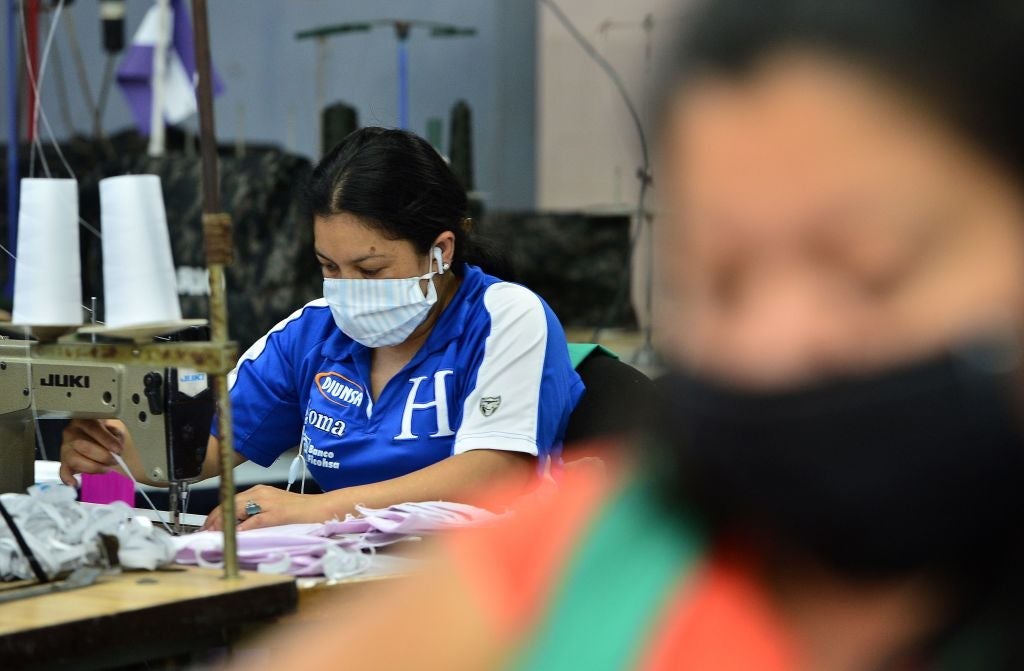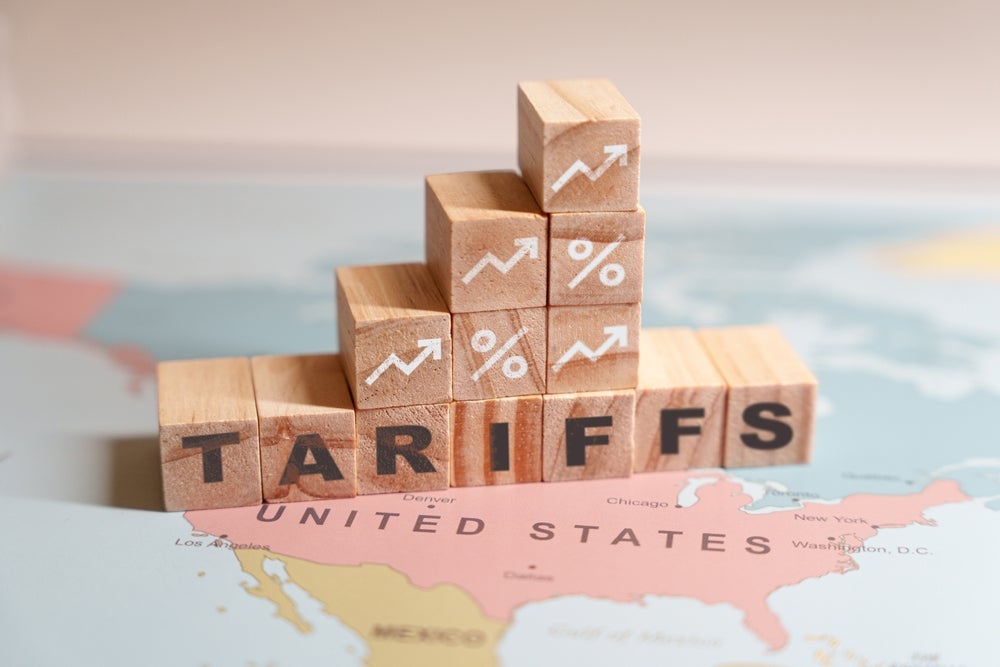

Honduras ended 2019 with $498m in foreign direct investment (FDI) inflows, about half its return of $961m in 2018.
Since then, Covid-19 has hit the country badly, causing high levels of unemployment, budget cuts, and disruption to the manufacturing and textile industry on which the country heavily relies for FDI.
The UN Conference on Trade and Development World Investment Report 2020 lists Honduras as one of the countries to have suffered the most in the Central America region from the impact of the pandemic on the textile sector. The organisation also reports that the sector makes up 30–40% of FDI into the country.
As was the case in other countries that are heavily reliant on the textiles sector, Honduras managed to benefit from some multinational enterprises converting existing production facilities to cope with the new demands of the Covid-19 pandemic, and it was one of the locations where US company Hanesbrands shifted its production from t-shirts and underwear to cotton masks in factories.
Some hope on the horizon for Honduras FDI
Despite these hardships, the first half of 2020 was not a disaster for FDI inflows in Honduras. The country attracted $296.4m, 19.5% up from the same period in 2019.
Overall, Honduras has a relatively foreign investment-friendly regime and is likely to continue to promote similar policies in order to boost its FDI levels in a post-pandemic environment.
Challenges remain, however, as foreign investors in the country still face issues such as widespread violence, weak public institutions, high corruption levels, onerous bureaucracy and underdeveloped infrastructure.
However, the country boasts strong levels of productivity, has privatised and decentralised many sectors, and has established international free trade zones.






